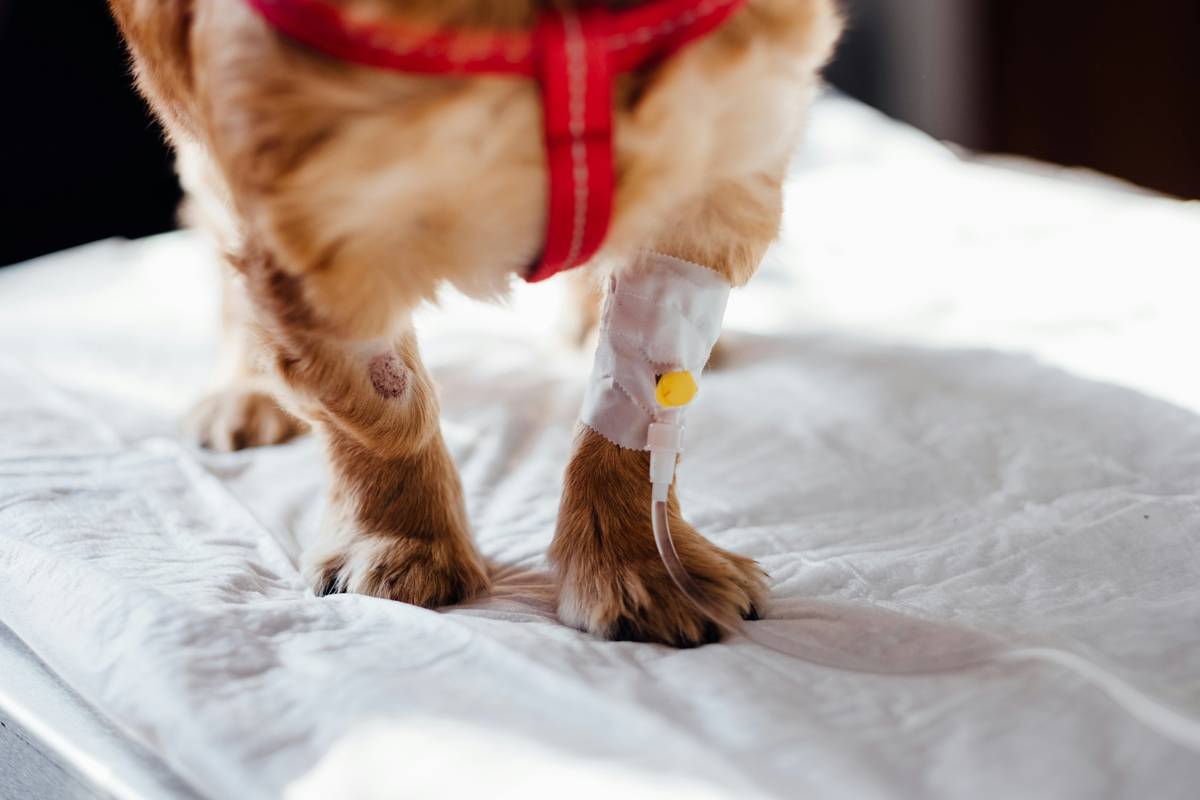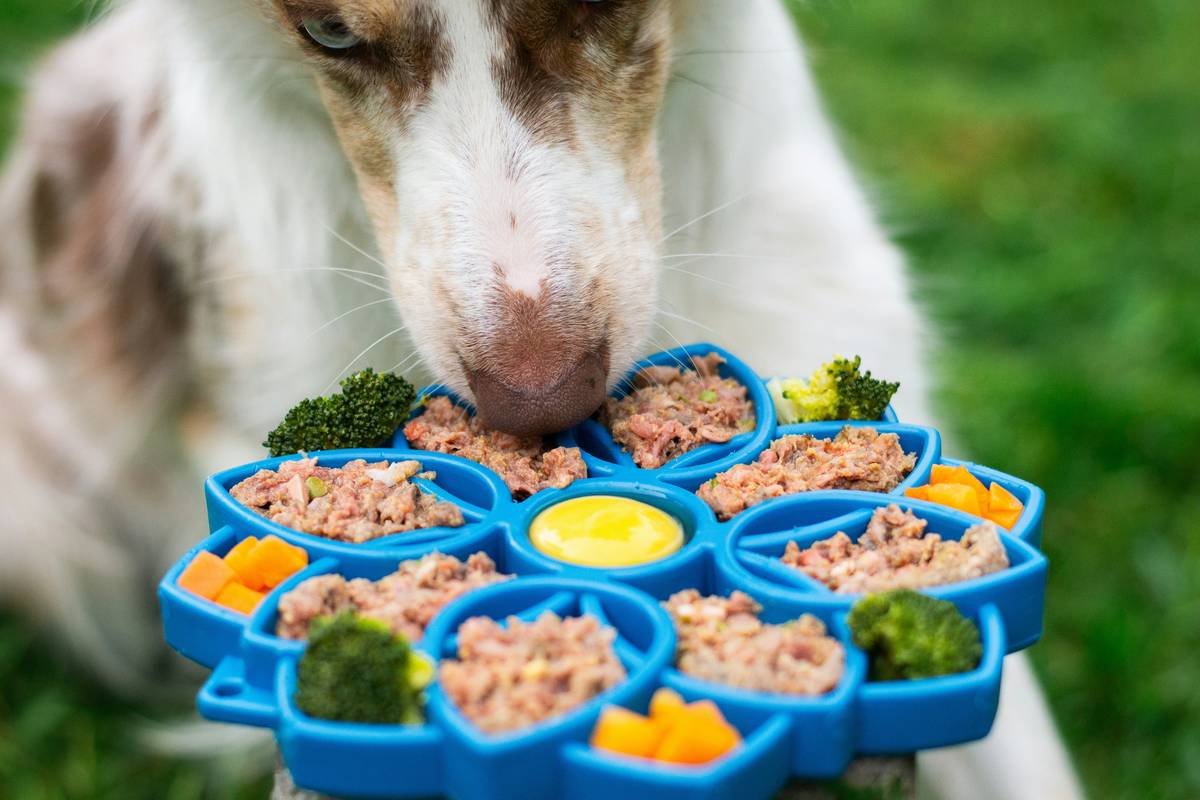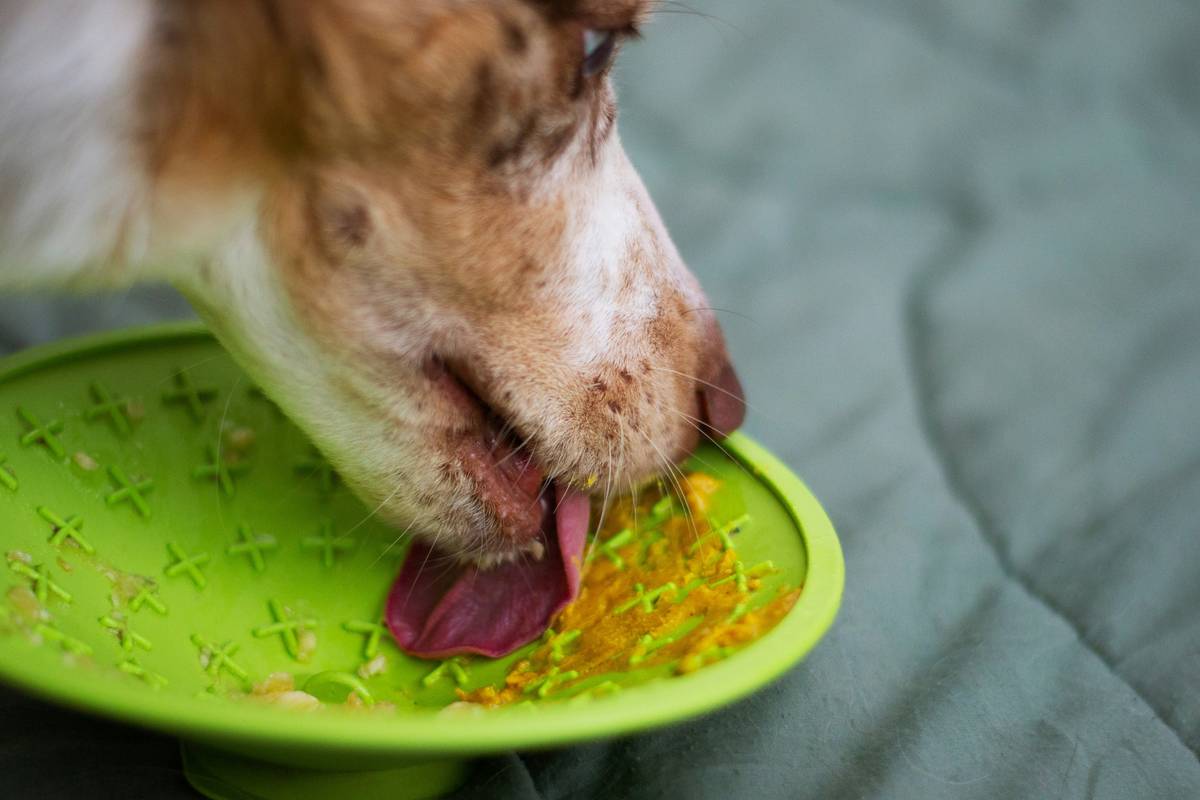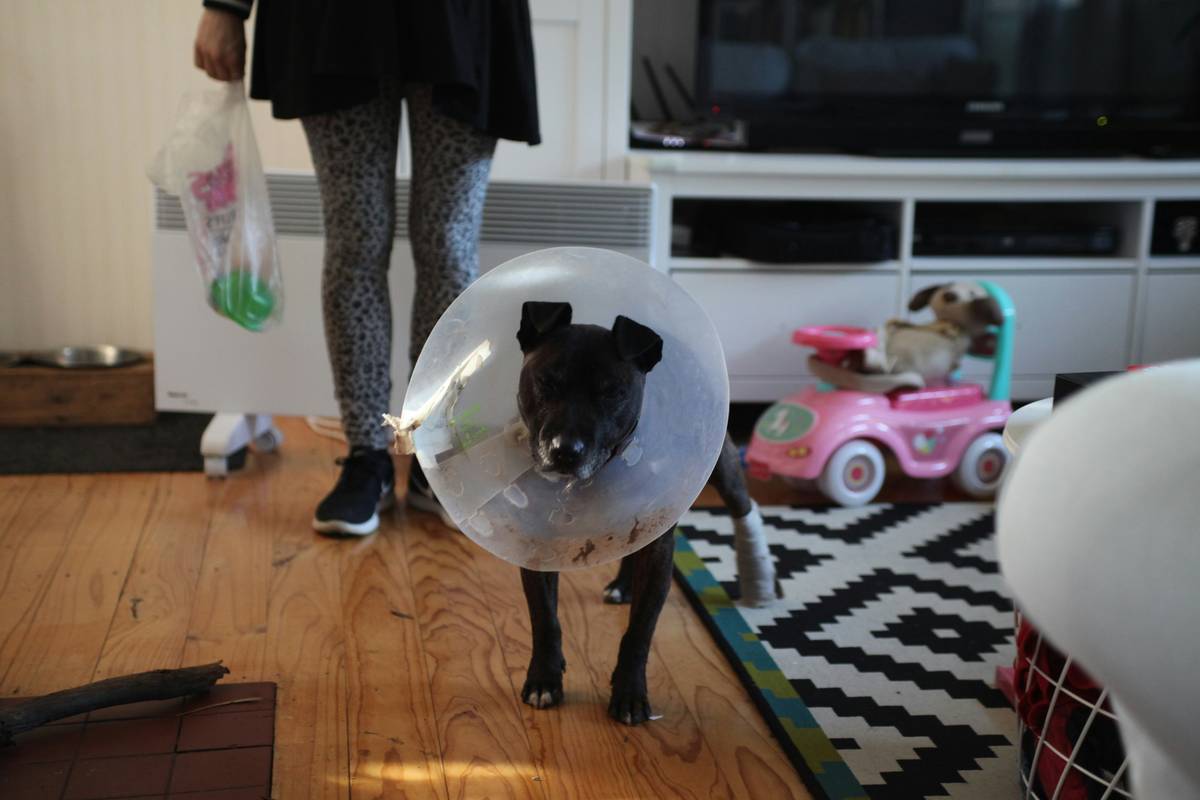“Ever stared at your injured hunting dog, wondering if the food you’re feeding is doing more harm than good? We’ve been there—trust us.”
When hunting dogs get injured, their recovery isn’t just about rest and vet visits. Nutrition plays a HUGE role in healing bones, muscles, and joints, yet it’s often overlooked. That’s why this blog dives deep into dog injury recovery food, specifically tailored for your loyal four-legged companions. Whether you’re dealing with a sprain, broken bone, or post-surgery recovery, we’ve got the intel that’ll make you feel like an expert.
In this guide, you’ll learn:
- Why specialized food matters during recovery
- Step-by-step tips to choose the right nutrition plan
- Common mistakes pet owners make (and how to avoid them)
- A real-life success story of recovery through proper diet
Table of Contents
- Key Takeaways
- The Problem: Why Nutrition Matters Post-Injury
- Step-by-Step Guide to Choosing Recovery Food
- Tips & Best Practices for Feeding During Recovery
- Real-Life Success Stories
- FAQs About Dog Injury Recovery Food
- Conclusion
Key Takeaways
- Proper nutrition speeds up recovery by providing essential nutrients like protein, omega-3s, and glucosamine.
- Not all “high-quality” foods are suitable for recovery—look for formulas rich in anti-inflammatory ingredients.
- Mistakes like overfeeding or skipping hydration can delay healing.
- Veterinary guidance combined with research goes a long way in crafting the perfect recovery diet.
The Problem: Why Nutrition Matters Post-Injury

Imagine tearing your ACL while skiing—or worse, breaking a leg. You’d instantly know you need extra TLC, including proper nourishment. But guess what? Our furry friends don’t come with a voice box to tell us they feel lousy when underfed post-injury.
Here’s the raw truth: A well-fed hunting dog recovers faster because their body demands specific nutrients during repair cycles. Poor nutrition might slow things down, turning weeks of downtime into months.
“Confession time: I once fed my injured labrador table scraps thinking he’d appreciate ‘treats.’ Yeah, his limp doubled in two days. Oops.”
Your dog depends entirely on YOU for these crucial building blocks:
- Protein: For muscle rebuilding.
- Fatty acids: To reduce inflammation around injuries.
- Minerals: Including calcium and phosphorus for bone restoration.
Step-by-Step Guide to Choosing Recovery Food
1. Consult Your Vet First
Before you dive into any new regimen, have your vet sign off. They may recommend calorie adjustments based on activity reduction during recovery.
2. Look for High-Quality Protein Sources
Pick options packed with lean proteins like chicken, turkey, or fish. Avoid fillers like corn or soy that provide zero nutritional value.
3. Prioritize Omega-3 Rich Foods
Fish oils work wonders for reducing joint pain. Brands containing salmon oil or flaxseed oil? Chef’s kiss!
4. Ensure Adequate Hydration
Water intake keeps everything moving. Add wet food if dry kibble dehydrates too much.
Tips & Best Practices for Feeding During Recovery
Tip #1: Skip the Treat Overload
It’s tempting to shower your pup with treats—but too many calories can lead to weight gain, which stresses joints further.
Tip #2: Rotate Foods Slowly
If switching brands, do so gradually over 7–10 days to prevent digestive upset.
(Terrible Tip) #3: Ignore Portion Control
Nah, seriously, DON’T ignore portion control—it wrecks diets fast. Stick strictly to recommended servings!
Rant Corner:
Why oh WHY do pet food companies slap “natural” labels on products full of artificial junk?! Always double-check ingredient lists. Ugh.
Real-Life Success Stories

We spoke to Sarah W., a seasoned hunter whose German Shorthaired Pointer tore her ACL last fall. After consulting her vet and switching to a specialized diet filled with glucosamine chews and antioxidant-rich meals, Sophie regained mobility within three months—faster than expected!

FAQs About Dog Injury Recovery Food
What should I feed my dog immediately after surgery?
Stick to bland, easily digestible foods like boiled chicken and rice mixed with vet-prescribed supplements.
Are there human foods safe for injured dogs?
Yes—cooked sweet potatoes, blueberries, and pumpkin puree are excellent choices. Avoid anything fatty or toxic like grapes and chocolate.
How long will my dog take to recover fully?
This varies depending on age, severity, and breed, but expect anywhere from several weeks to a few months with proper care.
Conclusion
Optimist You: *’With this knowledge, I’m ready to turn my dog’s recovery process into a breeze!’
Grumpy You: ‘But only if coffee’s involved—I mean, who has energy otherwise?’*
Recovering hunting dogs deserve every advantage possible, and the right dog injury recovery food truly makes all the difference. From high-quality proteins to targeted nutrient profiles, small tweaks add up big time. So go ahead—give those tails something worth wagging for.
Like a Tamagotchi,
Your dog’s health needs love daily.
Fuel wisely.


